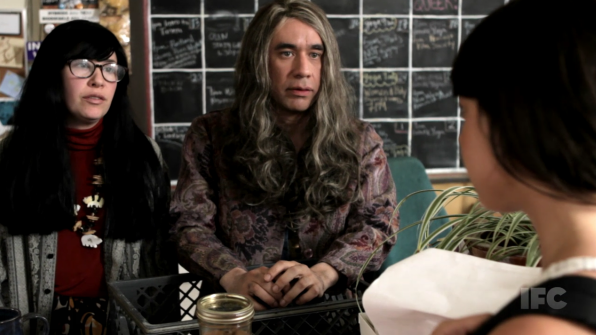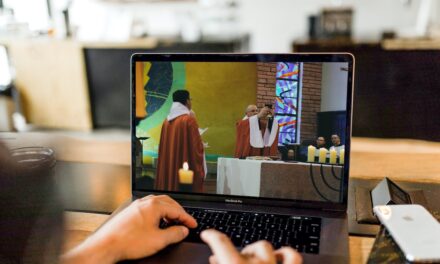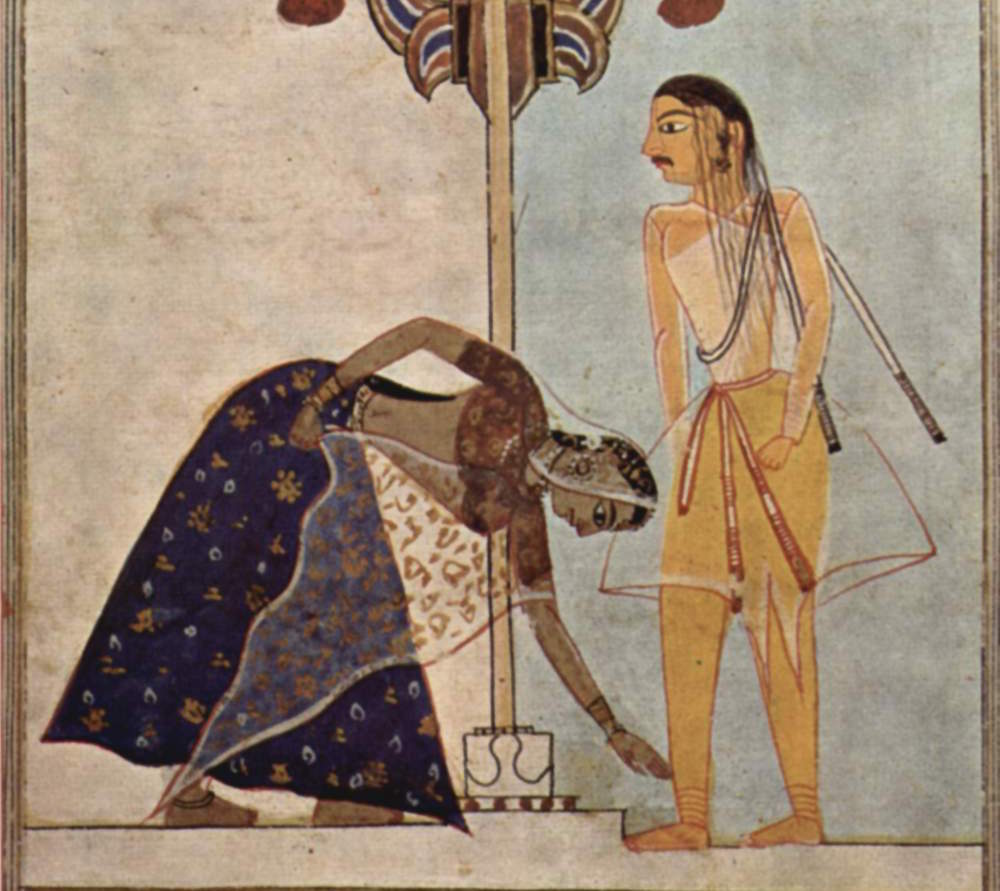 The other night was the finale of season 2 of Portlandia, the IFC sketch show with Fred Armisen and Carrie Brownstein that makes fun of the hipster culture of Portland, OR. It’s one of my favourite shows and has actually sparked my desire to visit Portland one day. I thought I might see if I can find God in one of the most clever sketch comedies ever made.
The other night was the finale of season 2 of Portlandia, the IFC sketch show with Fred Armisen and Carrie Brownstein that makes fun of the hipster culture of Portland, OR. It’s one of my favourite shows and has actually sparked my desire to visit Portland one day. I thought I might see if I can find God in one of the most clever sketch comedies ever made.
Diversity and Meaning
One thing I love about the characters in Portlandia is their diversity. You’ve got the dorky married couple who goes overboard with things from picnics to boating. There are the feminist bookstore owners who don’t always live up to the values they preach. There’s the couple who wants the best for their child and tries to send him to the top preschool. Then there’s the couple who are so particular about everything from where their food comes from to creating a sign for a Portland Timbers game, yet they clearly love each other despite their quirks. Finally, you’ve got the regular friends of Fred and Carrie who seem to spend most of their time doing things for the mayor.
In some way, all these people encompass the breadth of God’s creation, each with their own purpose and goals. Each person is striving for greater meaning. And in a highly progressive and activist culture, that reaching is very visible. The mayor wants to make his city better for his people and goes about it in a silly yet genuine way. As Jesus said of Nathaniel, “there is no duplicity in him.” (see John 1:47) The same goes for the particular couple who, at a restaurant, ask for the details about the chicken they’re about to eat. They even go to the farm to ensure the chicken was raised ethically. Along the way they make mistakes, but their hearts are genuine. What about the parents who want to send their child to the best preschool? They even map out a chart of their son’s future, desiring the best for him.
Love
There’s something about all the Portlandia couples that stands out: love for each other. In the “Is it local?” video above we see the couple (Peter and Nance) asking about their potential dinner, but you can’t help but notice their affection. See them across the restaurant and you’d say, “They’re in love!” At the close of season 2 we see Peter and Nance waiting in a long line for a new brunch place, The Fisherman’s Porch. Peter’s hemming and hawing over what to order. Nance says it’s such a turn-off that he’s so indecisive. “I’m not indecisive! I just can’t decide!” he says. Despite this tiff, toward the end of the episode, Peter goes into a dangerous situation to save his love. They make it to brunch, their Sunday goal, and we see their mushy lovey-dovey exchange. And if, as St John says, God is love (see 1 John 4:8), then God is part of their relationship, whether they actively acknowledge it or not, whether they practise a religion or not. “Beloved, let us love one another, because love is from God; everyone who loves is born of God and knows God.” (1 John 4:7, NRSV)
One of my favourite sketches is “Cool Wedding” (below). Here we see another example of how God cannot escape a true love relationship. This couple opposes “traditional” weddings. In fact, they say they don’t believe in marriage. Yet they are at a wedding planner’s making plans for their wedding day. Something prompted them to take this step. They resist ritual, yet embrace it at the same time. When the planner asks if she’ll be wearing a dress he says no. “I’d like to have a dress,” she says looking at him. “Okay, maybe a dress,” he says back. Their love has drawn them to take the step of marriage. And though they may resist the rituals (“We’re not marionettes…”), they desire it, too.
Relationship and Faultiness
God’s presence in Portlandia can all be wrapped up in relationship. Isn’t that true of our world as well? Our world has a diverse cast of characters and if any progress is going to be made we have to be in relationship with one another, despite all our quirks. All of the Portlandia characters have clear flaws. The feminist women (sketch here) are rude and brash and impose strongly their ways onto others. In fact, they seem to have little respect for anyone who doesn’t quite share exactly their way of seeing the world. Peter and Nance are particular and indecisive. The parents scheme up ways to get their child into a private school. Yet they accept and love each other for who they are. They stick by each other even with their faultiness. All of them are seeking meaning, desiring something greater whether it’s peace, justice, or a deeper relationship.
Portlandia gives a view of a peculiar place in the world through the lenses of different kinds of people with different life goals and different understandings of the world. And God can be found through and in each of them.







